Home>Fans, Heaters & Lighting>What Is The Appropriate Generator Size To Run A Space Heater?
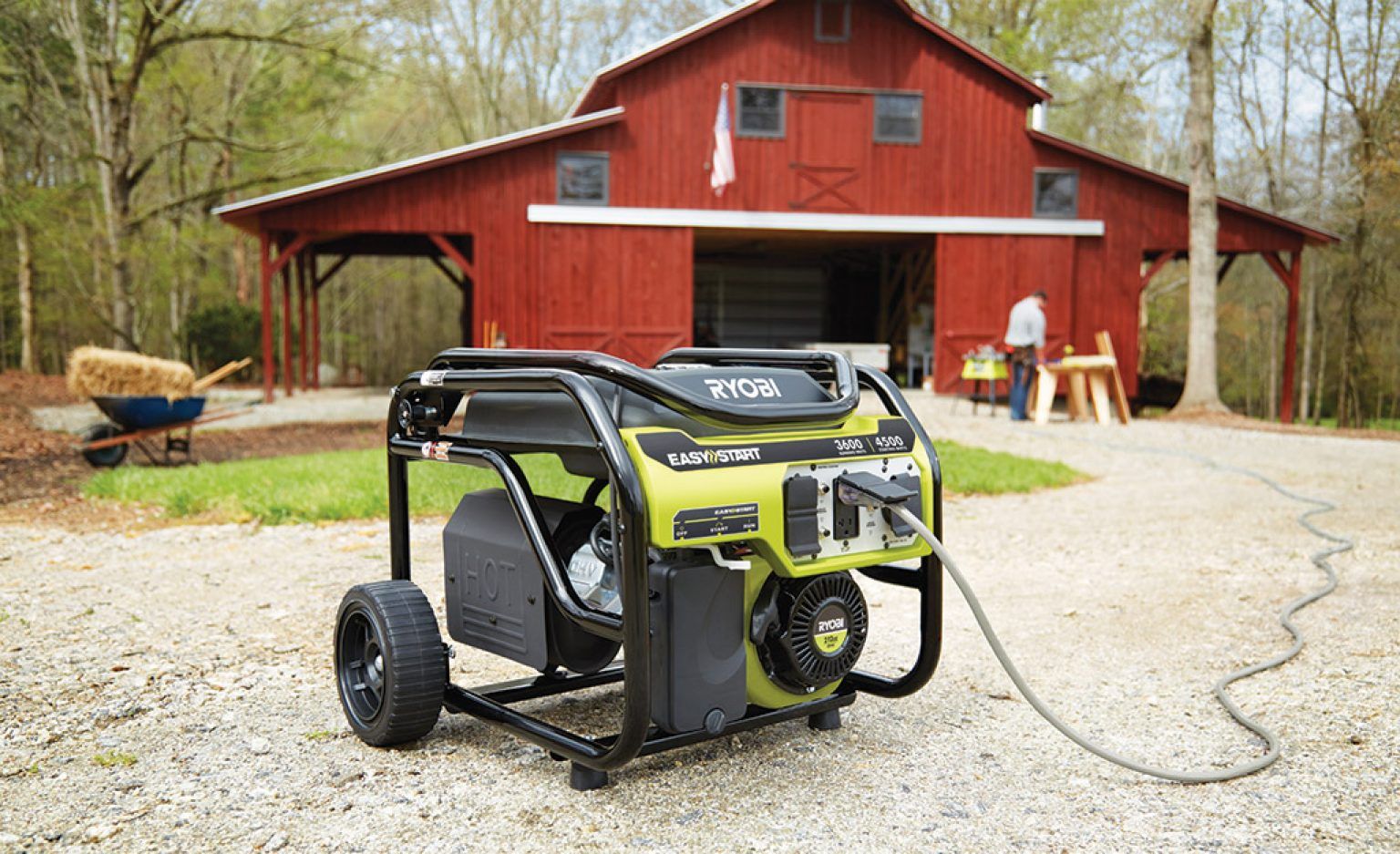

Fans, Heaters & Lighting
What Is The Appropriate Generator Size To Run A Space Heater?
Modified: August 16, 2024
Looking for articles on what size generator to run a space heater? Read our comprehensive guide to find the right generator for your needs.
(Many of the links in this article redirect to a specific reviewed product. Your purchase of these products through affiliate links helps to generate commission for Storables.com, at no extra cost. Learn more)
Introduction
Welcome to our guide on selecting the right size generator to run a space heater. With winter approaching, many people rely on space heaters to keep their homes warm and cozy. However, using a space heater requires a significant amount of electricity, and not all generators can provide the power needed to run them effectively. Finding the right size generator is crucial to ensure that your space heater operates efficiently and safely.
Before diving into the details, let’s briefly discuss what space heaters are and why they are popular. Space heaters are portable devices designed to provide heat in small areas, such as individual rooms or offices. They are commonly used to supplement central heating systems or in situations where a central heating system is not available or practical. Space heaters come in various types, including electric, gas, propane, and kerosene-powered options. Each type has its own set of pros and cons, but for the purpose of this guide, we will focus on electric space heaters.
Electric space heaters are a convenient and cost-effective way to heat up a specific area. They are easy to use, produce instant heat, and are generally safer compared to other types of space heaters. However, electric space heaters require a significant amount of wattage to operate, which is where the need for a generator comes into play.
Using a generator to power your space heater is particularly useful in situations where there is a power outage or where you need to heat a space that is not connected to the electrical grid. In such cases, having a reliable generator is essential to maintain a comfortable and warm environment.
In the next sections of this guide, we will explore the factors you need to consider when selecting a generator for your space heater, including the wattage requirements, calculating power needs, and ultimately choosing the right size generator. Let’s get started!
Key Takeaways:
- Choose a generator with a rated output that matches or slightly exceeds your total power requirement for efficient and safe operation of your space heater. Consider factors such as running wattage, starting wattage, fuel type, runtime, and noise level to ensure optimal performance.
- Understanding the wattage requirements, calculating power needs accurately, and selecting a generator that meets those needs enables you to enjoy the warmth and comfort of your space heater even in challenging circumstances. Follow manufacturer’s guidelines for compatibility and safe operation.
Read more: What Size Generator To Run A Refrigerator
Understanding Space Heaters
Before we delve into the intricacies of selecting the right size generator for your space heater, let’s take a moment to better understand how these devices work and their different features.
Space heaters are designed to generate heat and warm up small areas within your home or workplace. They are typically portable and come in various sizes and styles to suit different needs. Electric space heaters are the most common type and are the focus of this guide.
Electric space heaters work by converting electrical energy into heat. They contain elements, such as coils or ceramic plates, that heat up when an electric current passes through them. As the elements become hot, they radiate heat into the surrounding space, raising the temperature and providing warmth.
One key consideration when using electric space heaters is their power consumption. Space heaters can consume a significant amount of electricity, especially if they are running for extended periods. The wattage ratings of space heaters vary, typically ranging from 500 watts for small models to 1500 watts for larger, more powerful units.
Additionally, space heaters may come with features such as adjustable thermostat controls, multiple heat settings, timers, and safety features like tip-over and overheating protection. These features ensure the efficient and safe operation of the space heater while providing you with flexibility and convenience.
Understanding how space heaters function and the different features they offer is crucial in determining the power requirements and selecting the appropriate size generator to power them. In the next section, we will explore the factors you should consider when determining the wattage requirements for your space heater and how to calculate the power needs.
Factors to Consider
When selecting the right size generator to run a space heater, there are several factors you need to take into consideration. These factors will help you determine the wattage requirements and ultimately guide you in choosing the appropriate generator size. Let’s explore them in detail below:
1. Power Rating of the Space Heater: The wattage rating of your space heater is a crucial factor in determining the amount of power it will consume. The power rating is usually indicated on the product label or in the owner’s manual. Make sure to check this rating as it will be essential in calculating your power needs.
2. Other Electrical Appliances: Take into account any other electrical appliances or devices you may need to run simultaneously with your space heater. This includes lights, fans, or any other electronics that will be powered by the generator. Add up the wattages of these devices to determine the total power requirement.
3. Duration of Use: Consider how long you anticipate running the space heater. Will you be using it for short intervals or for extended periods? Longer usage will require more power, so make sure to factor in the duration when calculating your power needs.
4. Climate and Insulation: The climate you live in and the insulation of your space will impact how much heat your space heater needs to generate. If you reside in a colder climate or have poor insulation, your space heater may need to operate at higher wattages to maintain a comfortable temperature.
5. Extra Margin: It’s always advisable to have a bit of extra power capacity to account for unforeseen circumstances or to handle any fluctuations in power consumption. Adding a 10-20% margin to your calculated power needs is a good practice.
By considering these factors, you will have a better understanding of the wattage requirements for your space heater. In the next section, we will explore how to calculate your power needs accurately.
Wattage Requirements
To determine the wattage requirements for your space heater, you will need to consider the power rating of the heater, as well as any additional devices or appliances you plan to run simultaneously. Let’s take a closer look at how to calculate your wattage requirements:
1. Determine the Space Heater’s Power Rating: Start by identifying the wattage rating of your space heater. This information is usually listed on the product label or in the owner’s manual. It will typically range from 500 watts for smaller models to 1500 watts for larger, more powerful models.
2. Consider Other Devices or Appliances: Take into account any other electrical devices or appliances that will be powered by the generator simultaneously with the space heater. For each device, note the wattage rating. Add up the wattages of all these devices to determine the total power requirement.
3. Calculate the Total Wattage: Once you have gathered the wattage ratings of the space heater and other appliances, add them together to find the total wattage needed to power everything at the same time.
For example, if your space heater has a power rating of 1000 watts, and you plan to run a few additional devices that consume a total of 500 watts, then your total wattage requirement would be 1500 watts (1000 + 500).
Calculating your wattage requirements accurately is crucial in selecting the right size generator. A generator that cannot provide enough power may overload and potentially damage your devices. On the other hand, choosing a generator with excessive power capacity may result in unnecessary expenses.
Now that you have determined your wattage requirements, we can move on to selecting the appropriate generator size in the next section.
When choosing a generator to run a space heater, consider the wattage of the heater and select a generator with a capacity that exceeds the heater’s wattage to ensure it can handle the load.
Calculating Power Needs
To accurately calculate your power needs for running a space heater, you will need to consider the wattage requirements of the heater as well as any additional devices or appliances that will be powered simultaneously. Here’s how you can calculate your power needs:
1. Identify the Wattage of the Space Heater: Begin by finding the wattage rating of your space heater. This information can typically be found on the product label or in the owner’s manual. The wattage rating indicates the amount of power the heater consumes when running at its highest setting.
2. Determine the Wattage of Other Devices: Next, consider any other electrical devices or appliances that will be connected to the generator at the same time as the space heater. Make a list of these devices and note their individual wattage ratings.
3. Add up the Wattages: Add the wattage of the space heater to the total wattage of the other devices you listed. This will give you the total power requirement. For example, if your space heater has a wattage rating of 1200 watts and the other devices amount to 500 watts, your total power requirement would be 1700 watts.
4. Consider the Starting Power: Some appliances, including space heaters, require additional power when they start up. This surge in power is known as the starting power or starting wattage. Check the specifications of your space heater to see if it requires higher starting power. If it does, add this starting wattage to your total power requirement.
5. Allow for Additional Margin: It’s recommended to include a margin of 10% to 20% on top of your calculated power needs. This provides a buffer for unexpected power fluctuations or the potential addition of more devices in the future.
By following these steps and calculating your power needs accurately, you will have a clearer idea of the generator size required to run your space heater and other connected devices effectively and safely.
Next, we will explore how to choose the right size generator based on your power needs.
Choosing the Right Size Generator
Now that you have determined your wattage requirements and calculated your power needs, it’s time to select the right size generator to run your space heater effectively. Choosing the correct generator size is crucial for ensuring optimal performance and preventing any potential issues. Here are some guidelines to help you make the right choice:
1. Match the Generator’s Rated Output: Look for generators with a rated output equal to or slightly higher than your total power requirement. This ensures that the generator can handle the load without being overloaded. Going for a generator with slightly higher capacity provides a margin for fluctuations in power consumption.
2. Consider the Running and Starting Wattages: Pay attention to both the running wattage and starting wattage of the generator. Make sure that the generator’s running wattage can handle the continuous power needs of your devices. Additionally, if your space heater or any other appliance requires a higher starting wattage, ensure that the generator can handle this surge in power without tripping or overloading.
3. Portable vs. Standby Generators: Consider whether you need a portable or standby generator. Portable generators are more suitable if you need flexibility and portability, allowing you to move it to different locations as needed. Standby generators are permanently installed and automatically switch on during power outages.
4. Fuel Type and Runtime: Decide on the fuel type for your generator based on availability, convenience, and safety. Common options include gasoline, propane, diesel, or natural gas. Additionally, consider the runtime of the generator and ensure it can provide power for the duration you anticipate using the space heater and other devices.
5. Noise Level and Safety Features: Take into account the noise level of the generator, especially if you plan to use it in residential areas. Look for generators with adequate noise reduction features. Additionally, consider safety features such as overload protection, low-oil shutdown, and built-in circuit protection to ensure the safe operation of your generator.
By considering these factors and carefully selecting a generator that matches your power needs, you can ensure reliable and efficient operation of your space heater. Be sure to consult the manufacturer’s specifications and guidelines to ensure compatibility between the generator and your devices.
Before concluding, let’s summarize the key points we’ve covered in this guide.
Conclusion
Choosing the right size generator to run a space heater is essential for both efficient operation and safety. By considering factors such as the wattage requirements of your space heater, additional devices being powered simultaneously, and the duration of usage, you can accurately calculate your power needs. This information then allows you to select the appropriate generator size to meet those requirements.
When selecting a generator, make sure it has a rated output that matches or slightly exceeds your total power requirement. Take into account the running wattage and starting wattage of your devices, ensuring the generator can handle both without overloading. Consider the fuel type, runtime, and noise level of the generator, as well as any necessary safety features.
Having the right size generator not only ensures that your space heater operates effectively but also provides peace of mind during power outages or in situations where electricity is not readily available. Running your space heater on a generator enables you to maintain a comfortable and warm environment when your regular power source is compromised.
Remember to follow the manufacturer’s guidelines for both the space heater and the generator to ensure compatibility and safe operation. Regular maintenance and proper usage of the generator will help prolong its lifespan and ensure reliable performance in the long run.
We hope this guide has provided you with valuable insights into choosing the right size generator for your space heater. By understanding the wattage requirements, calculating power needs accurately, and selecting a generator that meets those needs, you can enjoy the warmth and comfort of your space heater even in challenging circumstances.
Stay warm and cozy!
Frequently Asked Questions about What Is The Appropriate Generator Size To Run A Space Heater?
Was this page helpful?
At Storables.com, we guarantee accurate and reliable information. Our content, validated by Expert Board Contributors, is crafted following stringent Editorial Policies. We're committed to providing you with well-researched, expert-backed insights for all your informational needs.
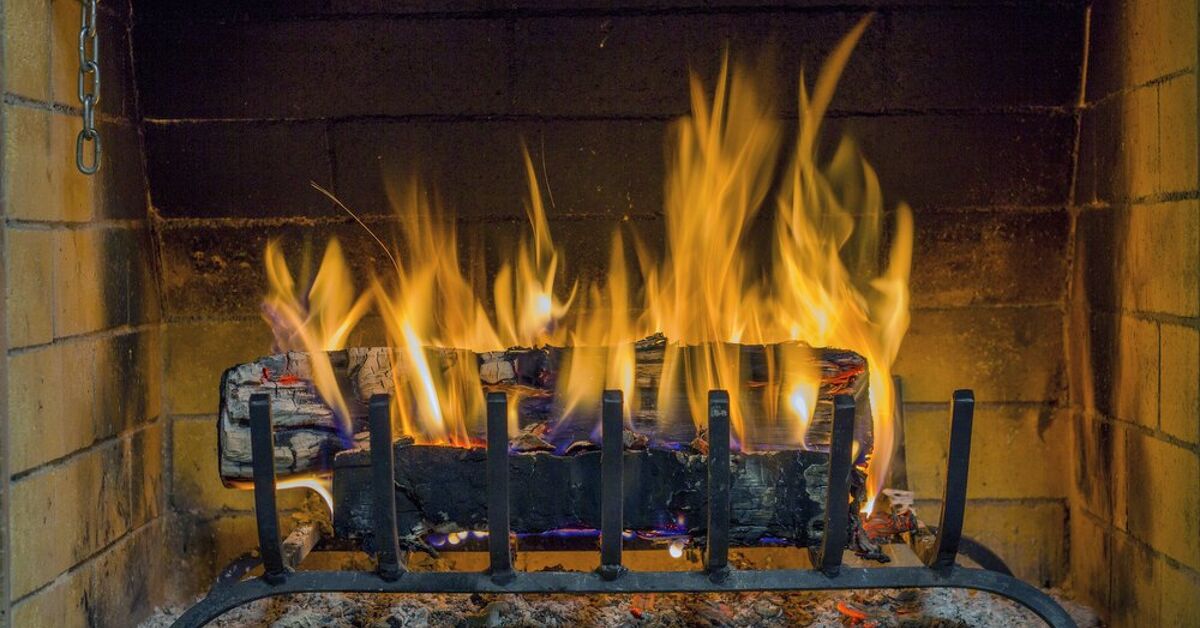
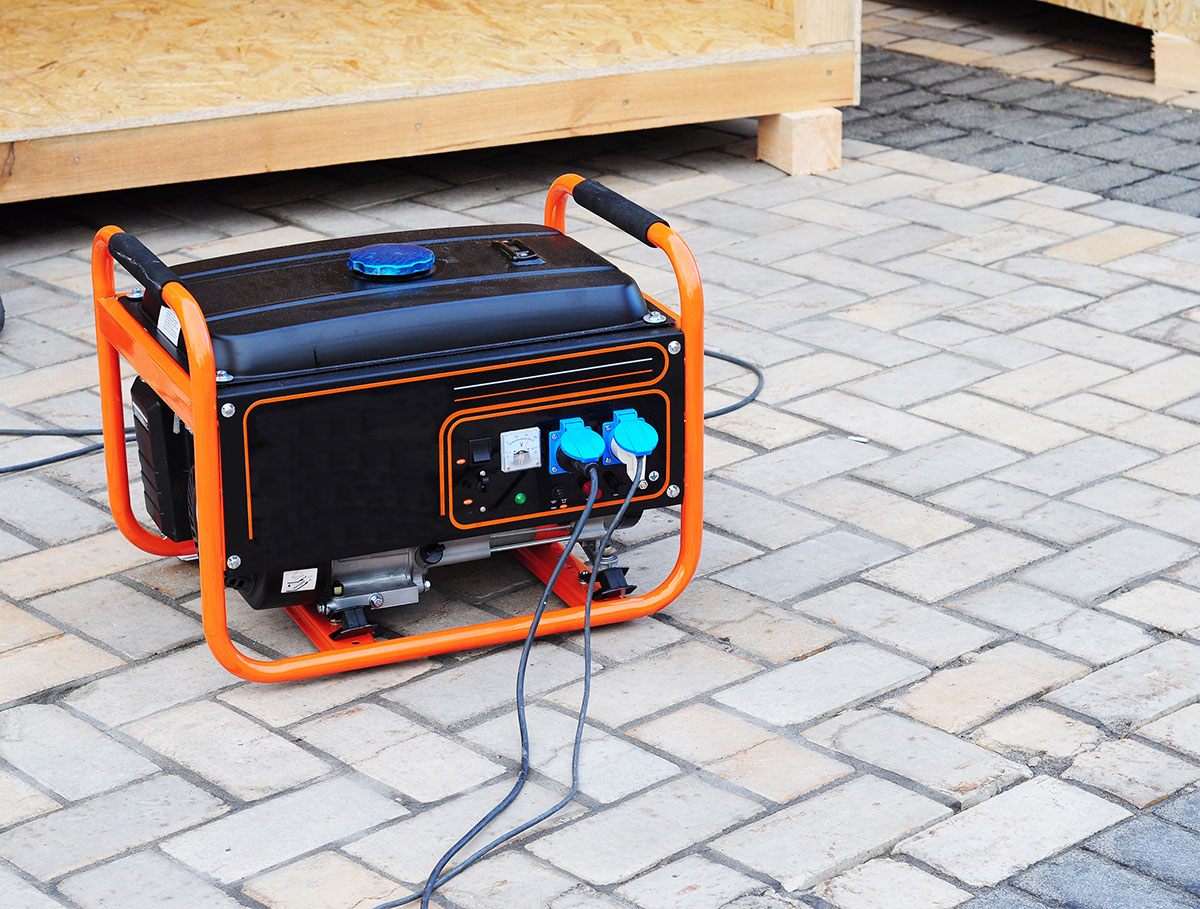

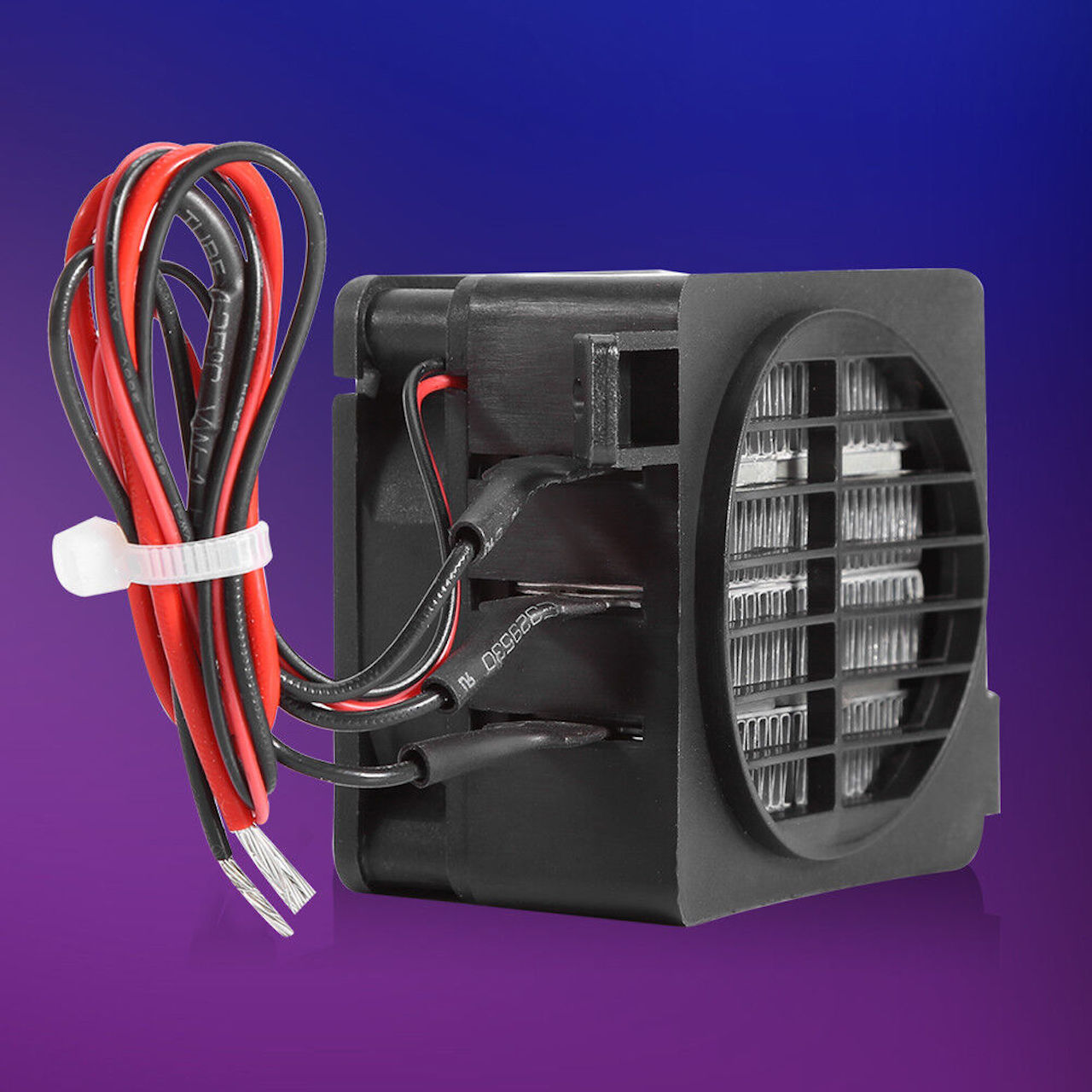
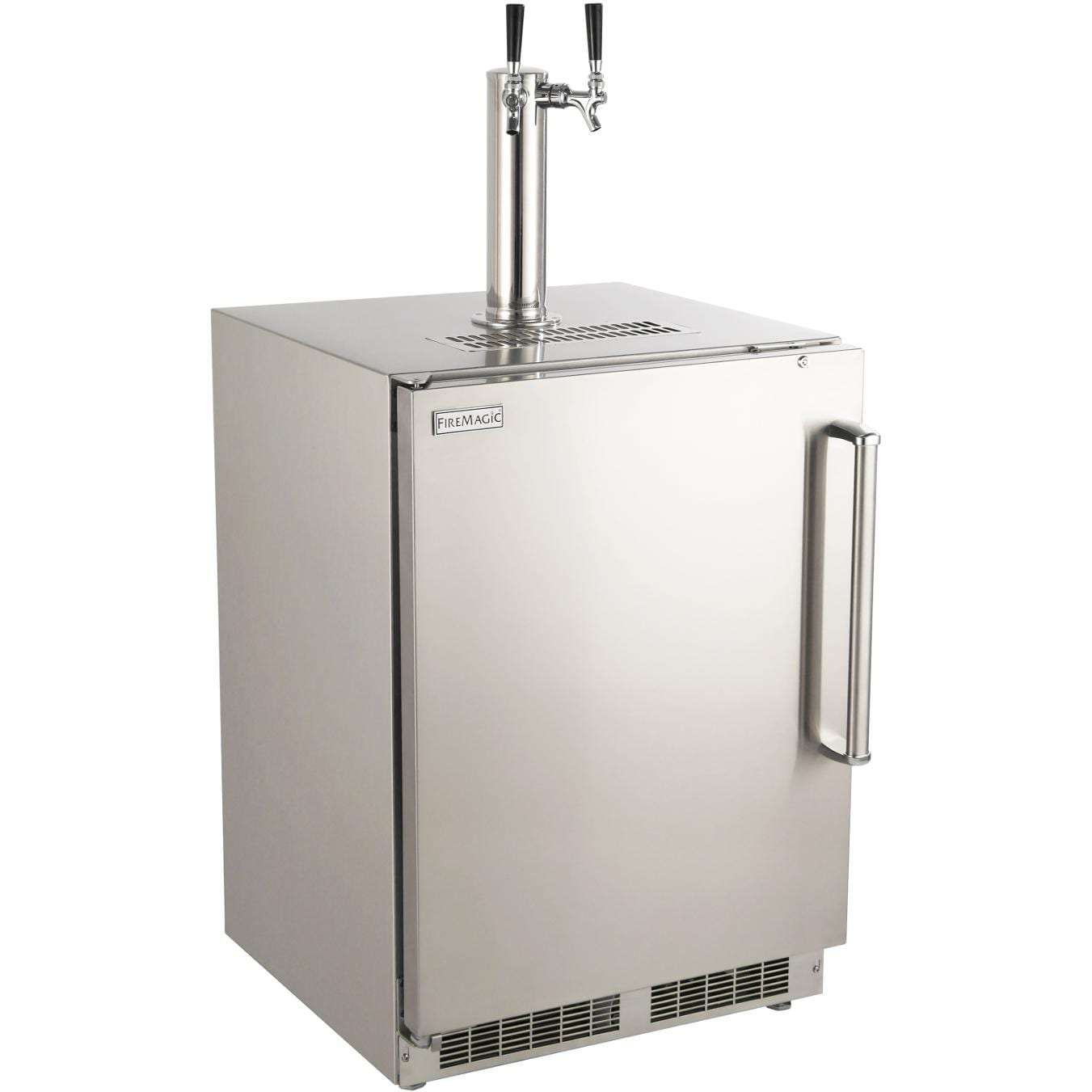
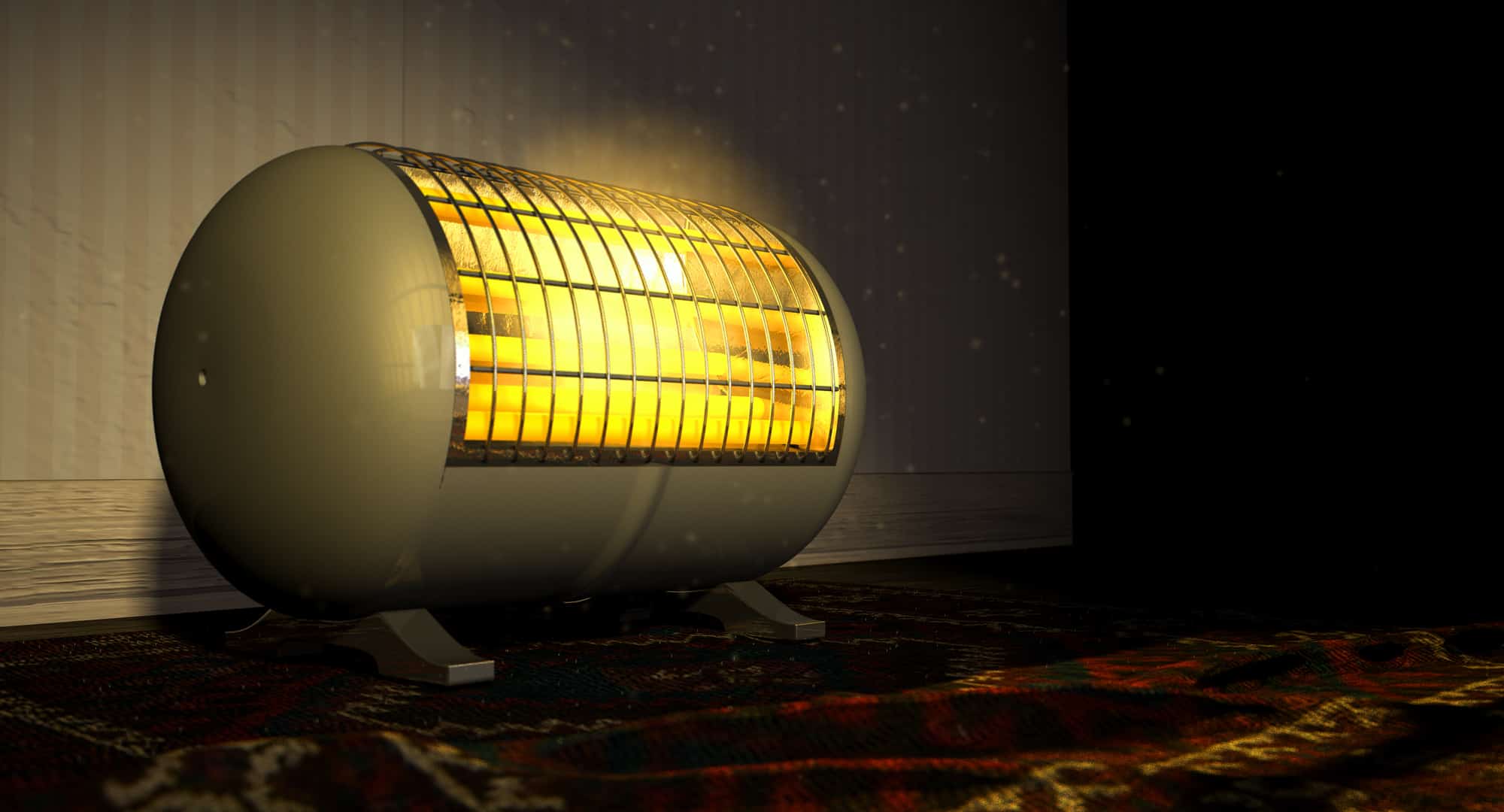
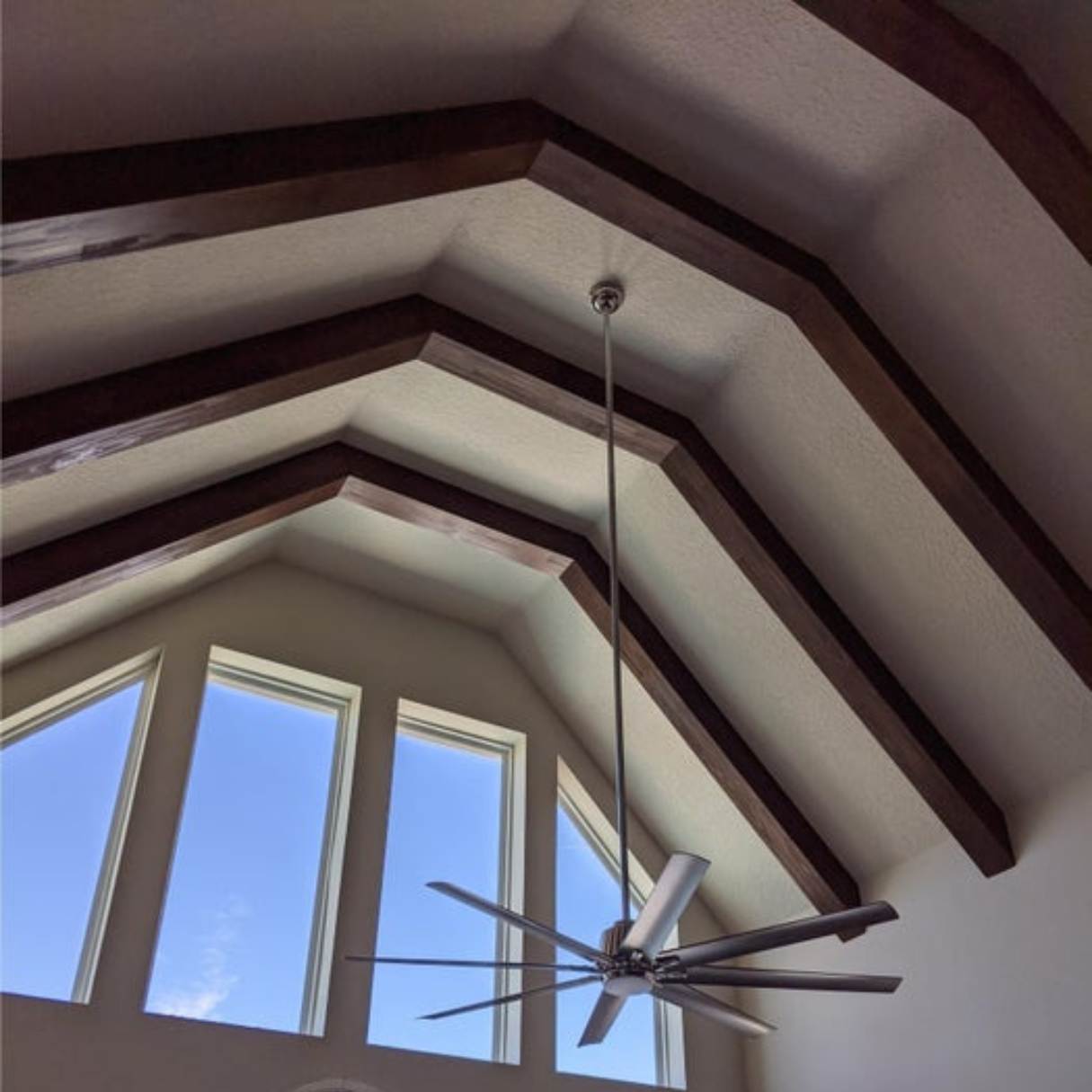
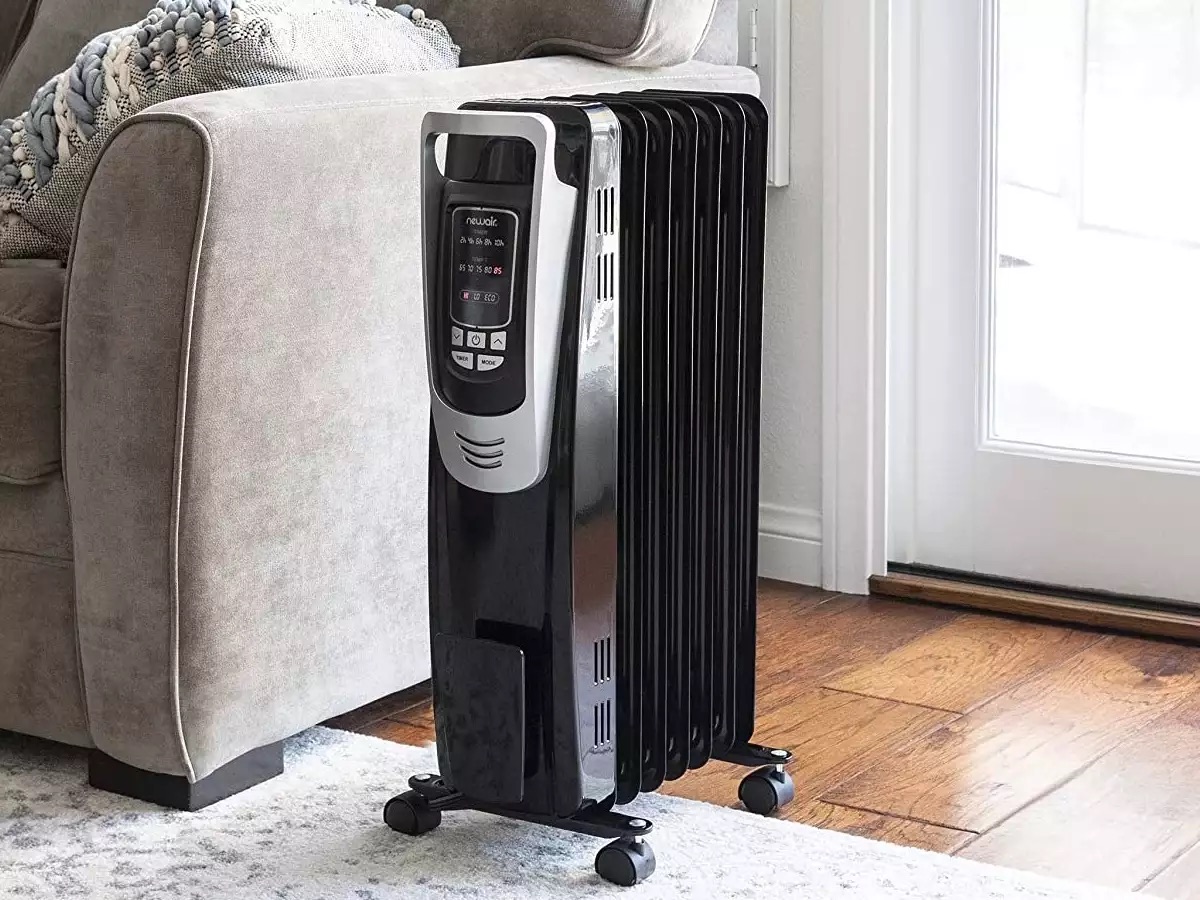
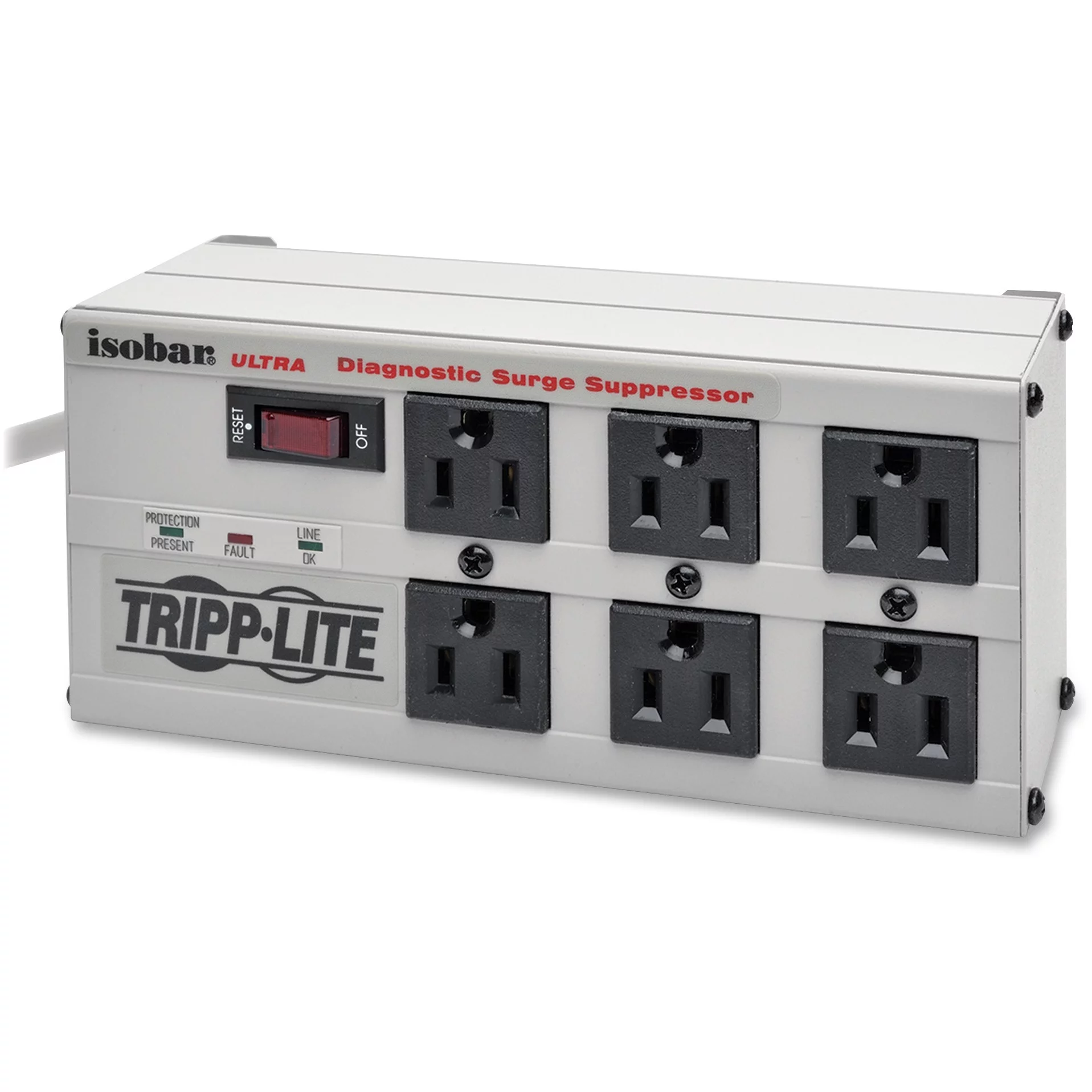
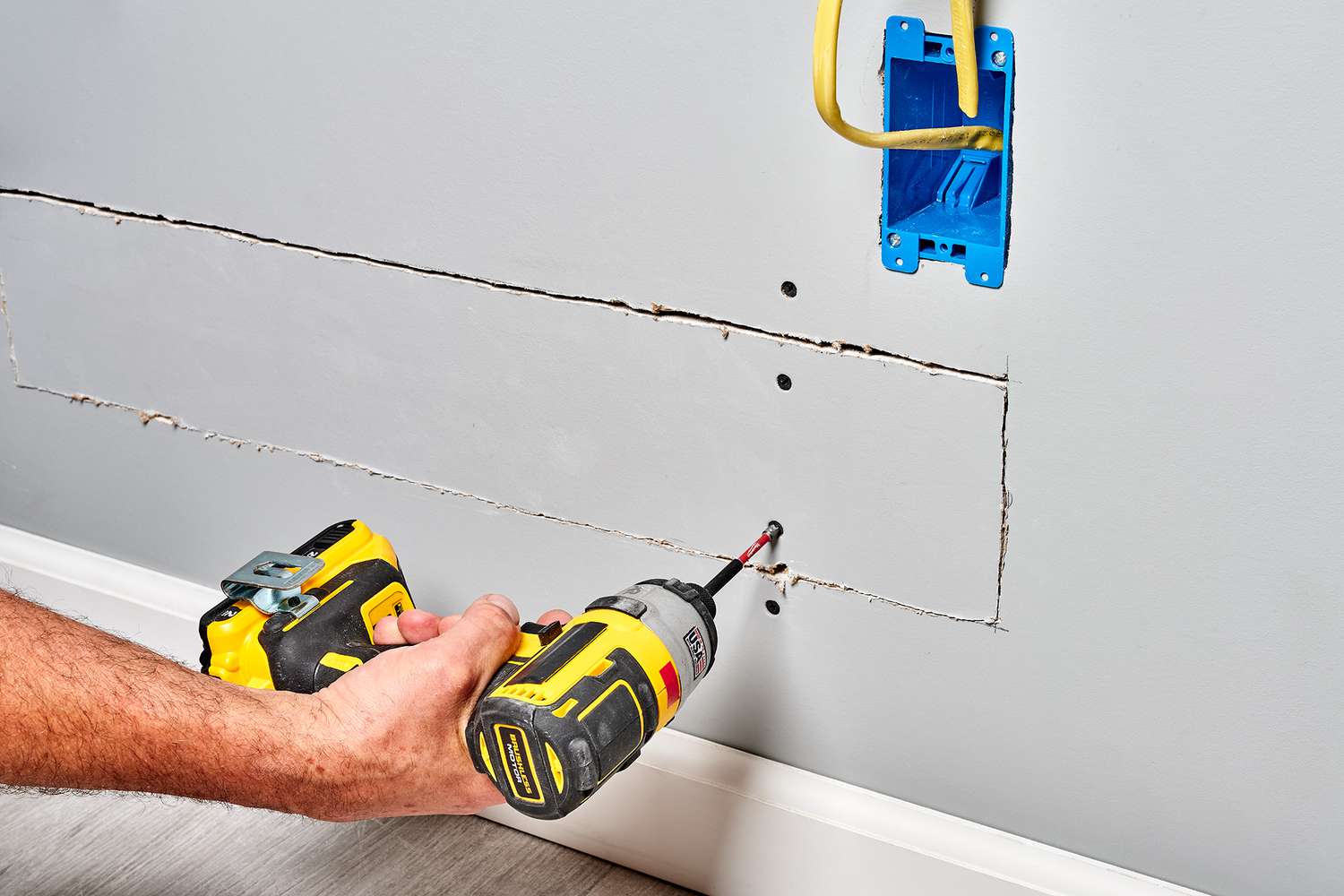
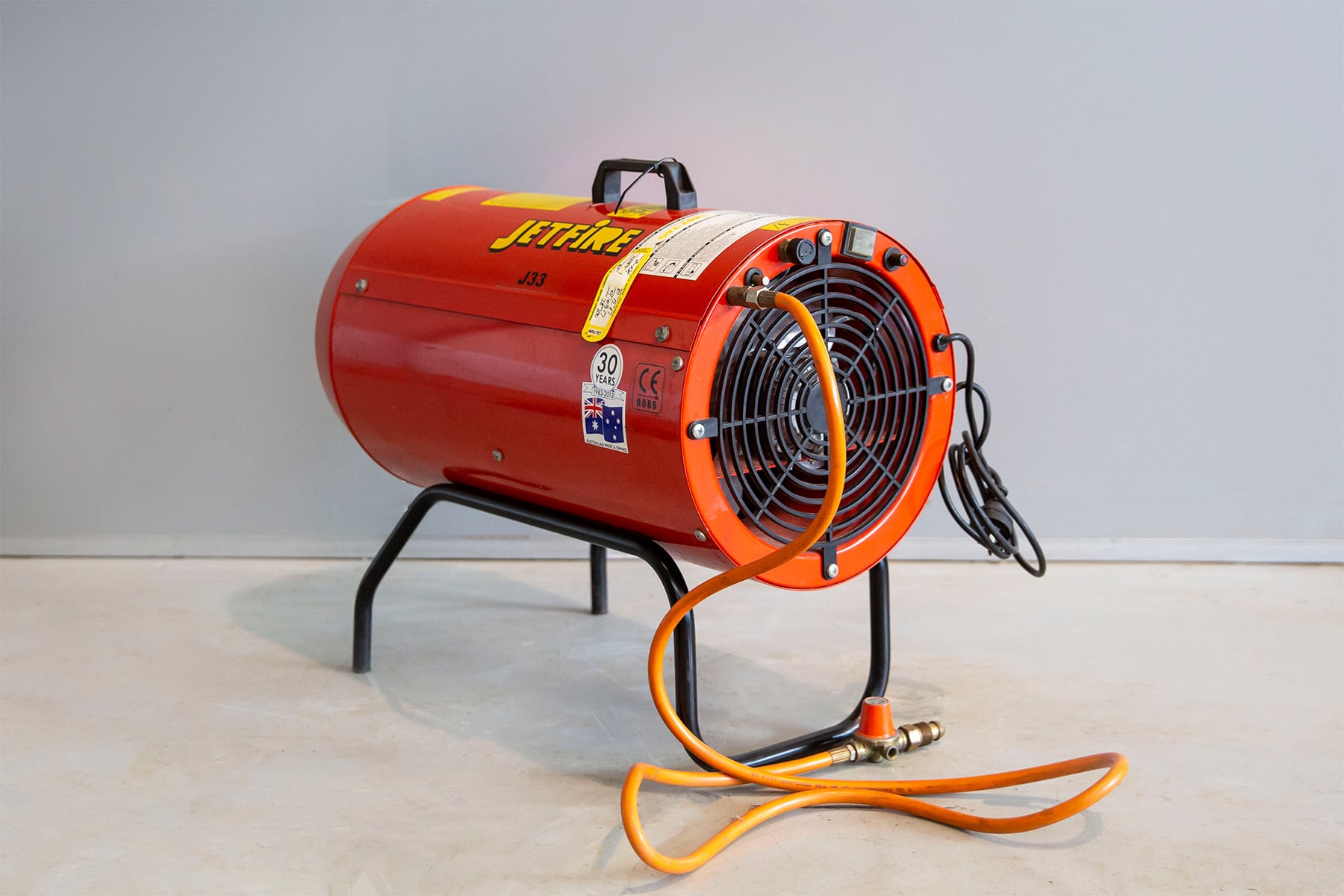
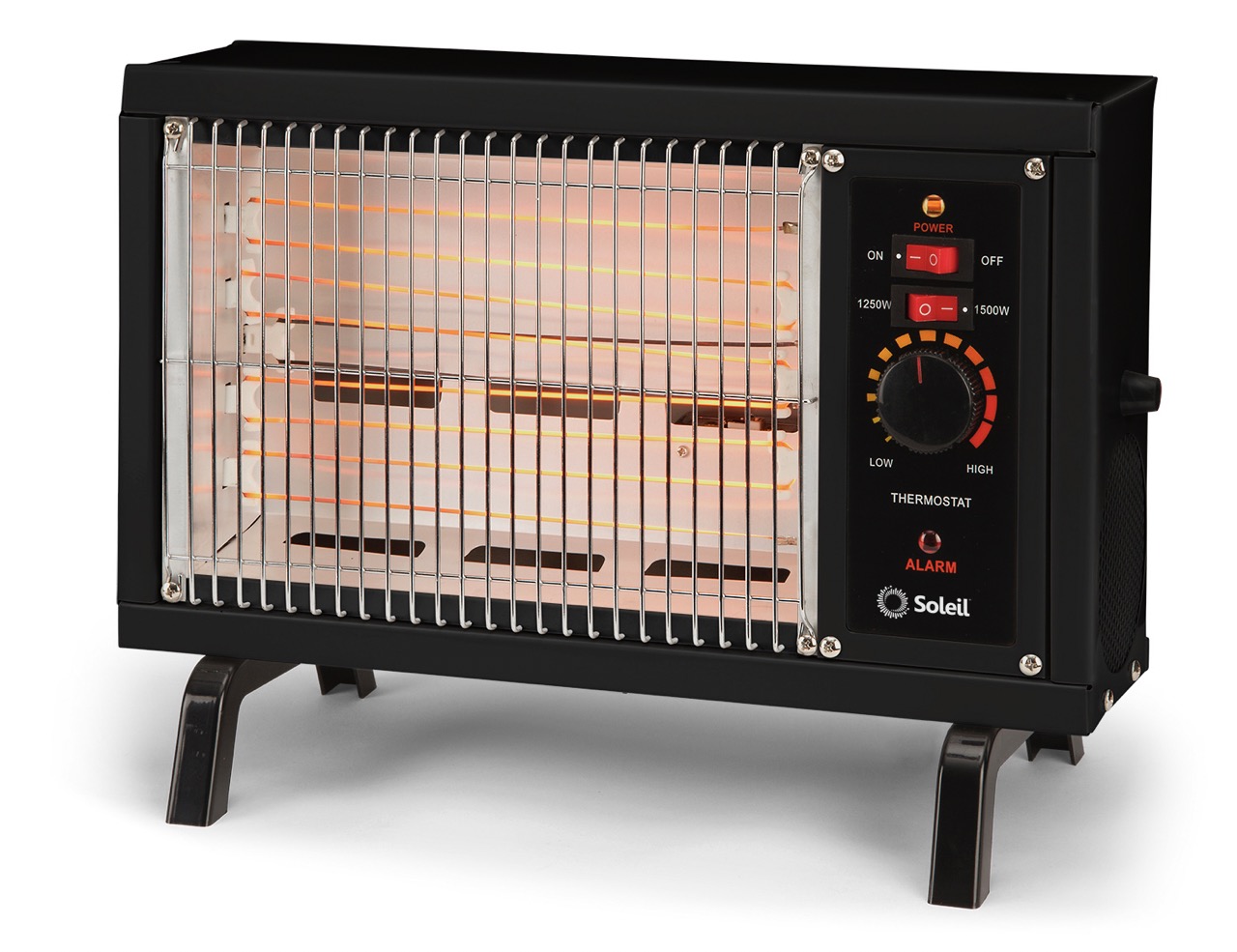
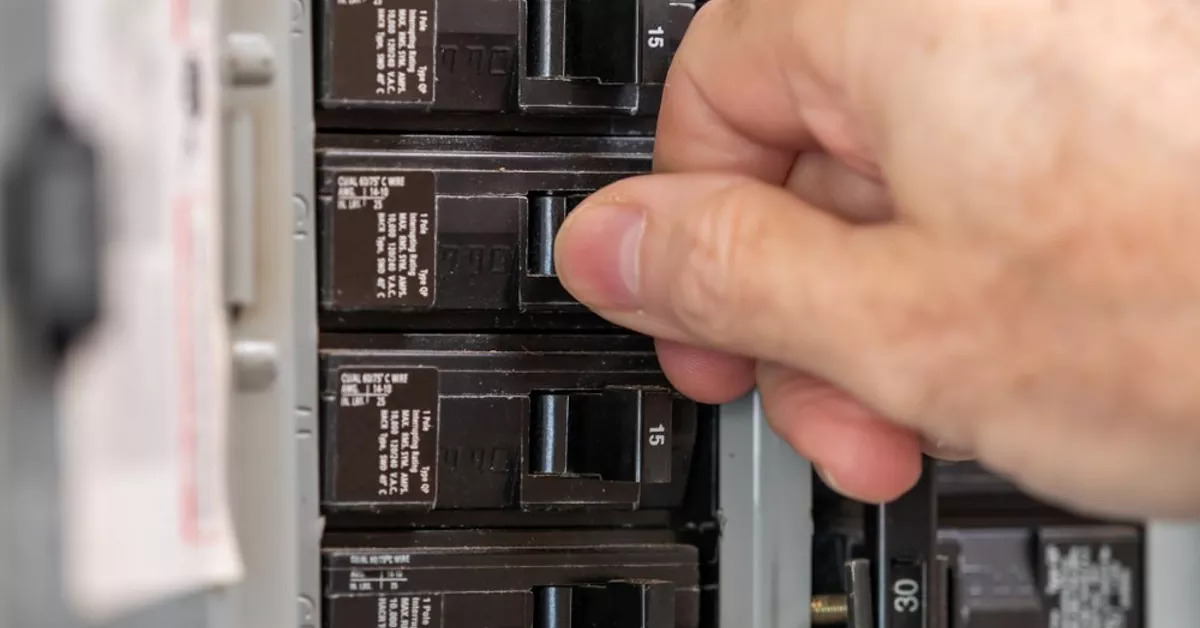
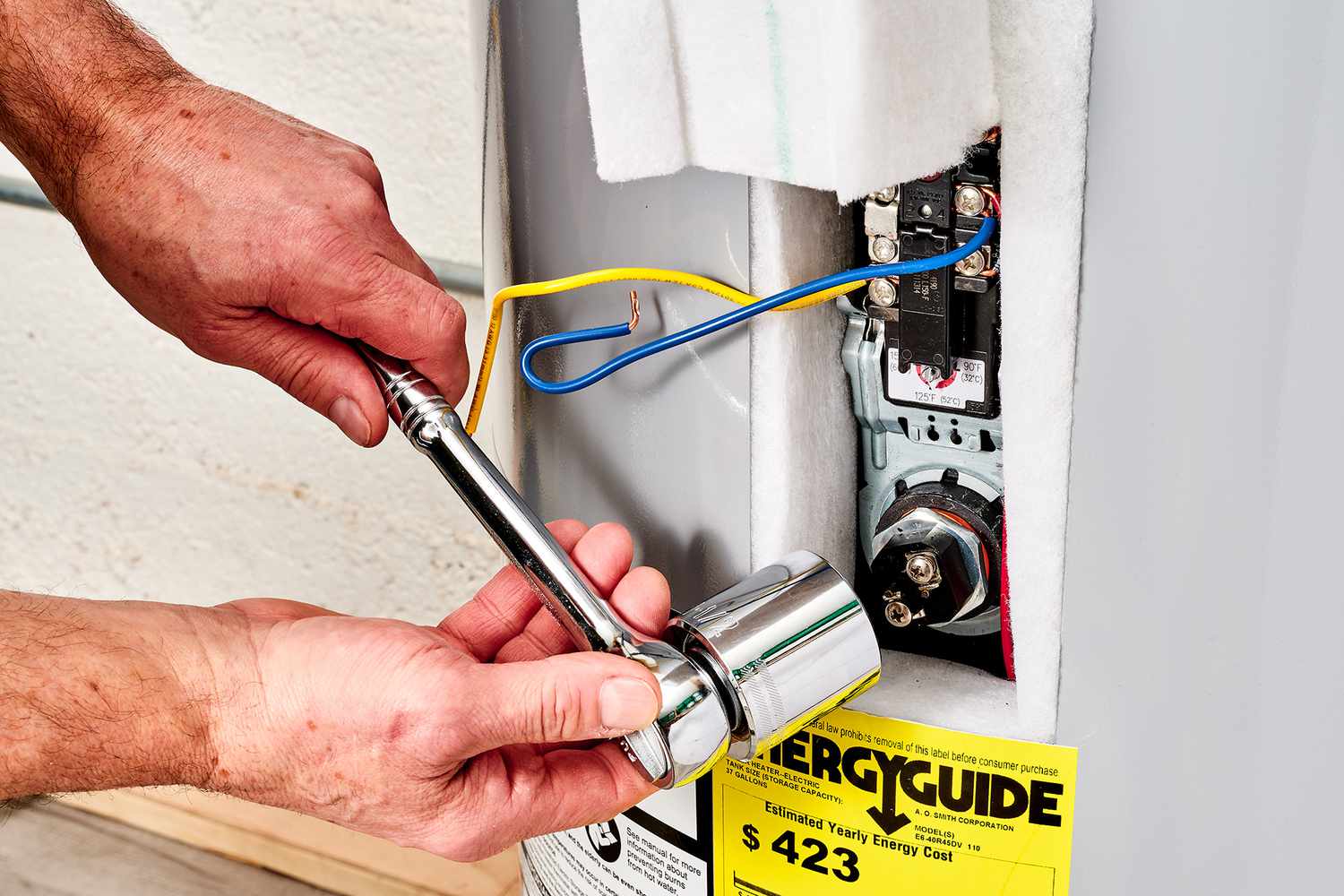

0 thoughts on “What Is The Appropriate Generator Size To Run A Space Heater?”